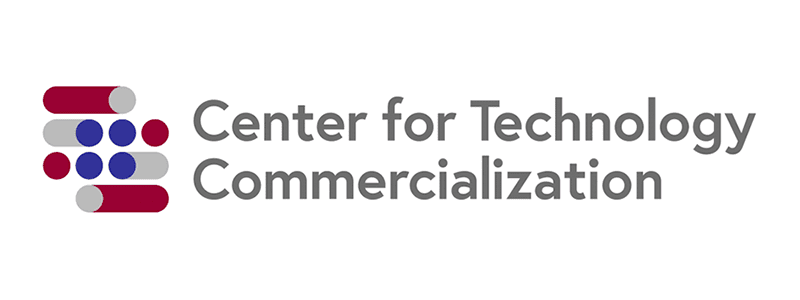
11 Jan $600,000 in state matching grants advance 7 innovative small businesses
 Seven small businesses in Wisconsin will receive up to $600,000 to commercialize their innovations, thanks to the SBIR Advance program’s latest round of funding.
Seven small businesses in Wisconsin will receive up to $600,000 to commercialize their innovations, thanks to the SBIR Advance program’s latest round of funding.
The state matching grant program provides assistance to companies in the process of completing a project in the federal Small Business Innovation Research (SBIR) or Small Business Technology Transfer (STTR) programs. This is the 18th round of SBIR Advance funding since this collaboration by the Wisconsin Economic Development Corporation (WEDC) and the Center for Technology Commercialization (CTC) began in 2014.
Over the past eight years, 128 awards totaling nearly $10.4 million have been awarded. Those business reported obtaining $62.7 million in follow on funding since receiving the SBIR Advance matching grants.
The Phase 1 recipients, each receiving up to $75,000 match, are:
- Cellular Logistics, Inc. of Madison is commercializing a novel biomaterial that enables cell therapies by increasing cell retention and engraftment and promoting healing in damaged tissues. Their mission is to advance myocardial reparative and regenerative therapies that are poised to treat patients with heart failure;
- Nano RED, LLC of Madison is developing precision delivery technologies to power the next generation of RNA and immunotherapeutics. Their platform technology offers a new way to treat SARS-CoV-2 and other emerging pandemic viruses, as well as a new tool to deliver the next generation of RNA therapeutics in cancer;
- ReNeuroGen, LLC of Milwaukee is a virtual pharmaceutical company. They are developing a first in class systems chemico-pharmacology drug candidate that has potential to treat a number of oxidative stress and inflammatory based diseases.
- Steam Instruments of Madison is an early-stage startup company developing and commercializing technologies to improve the mass range, quantum efficiency, and spatial resolution of mass spectrometry.
See full article, including the Phase 2 recipients, each receiving up to $100,000



